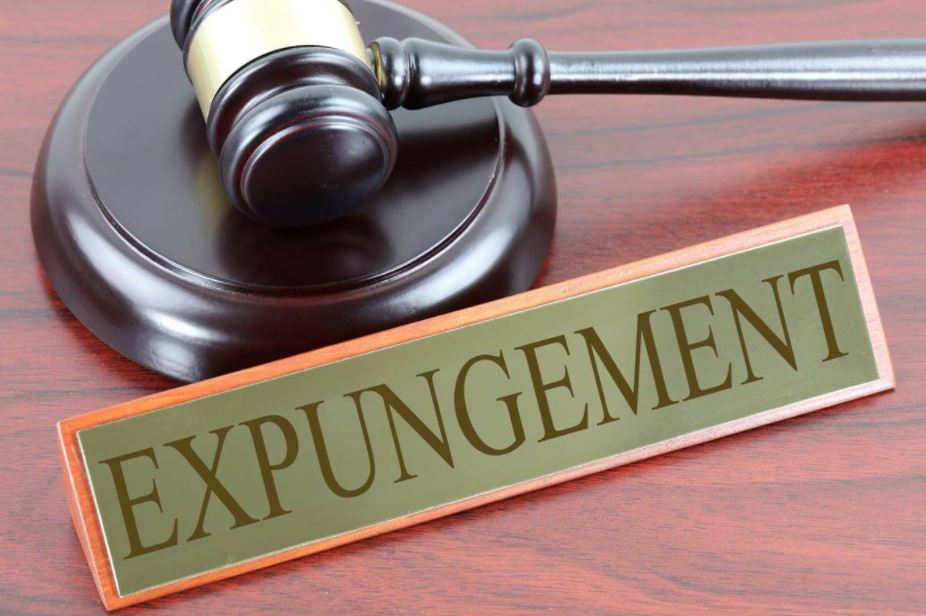The expungement of criminal records is a way to remove criminal prosecution from your public record. Although this is quite prevalent for juvenile offenses, it can be far more challenging to expunge adult offenses. Having a record expired limits access to your criminal record, but it is not widely available, especially for adult offenses. If it is expunged, the record is private and availability is limited to law enforcement and punishment purposes. Expunged or sealed records cannot, in most circumstances, be made public. However, in extraordinary cases, some employers could still have access to such records, such as when a person appears to apply for a school or daycare job.
Expungement has been refined in recent years, but availability for adult offenses remains limited. While juvenile offenses are much more quickly expunged, there are tight restrictions on what adult charges may be expunged. Because of another complexity — instead of the process itself, which is pretty simple — it is necessary to file for expungement without the need of a lawyer, although it may not be the best idea.
In limited situations, expungement is available for the adults
Expunging a criminal history means, in essence, that the record is demolished; at least as far the public is concerned. Records may still be made available for law enforcement or employment purposes in some circumstances, but, for the most part, and there’s no longer an expunged record. Not that all criminal records could be expunged, however. In fact, if you had been actually convicted, you can’t get any record expunged. In fact , having a conviction on your record can prevent or delay other records expunged even if it didn’t require a conviction.
Even if you were found guilty of a crime, it could be necessary to expunge the record. If the offense is qualified for a diversion program or other supervised program and the charge is rejected, you can usually expunge the record if you effectively complete the program. You are found guilty under diversion programs, but the judgment is not entered until you pass through the diversion program. Upon successful completion of the program, the charge shall be dismissed.
However, there are a few crimes where you can’t get the record out, even if you’re completing a diversion or a supervised program. These include the following:
- Driving under influence
- Any sexual offense against a minor
- Unrestrained driving, if you were 25 or older at the time
- Dogfighting
This list is not exclusive. There are many other circumstances in which you can not expunge your criminal record, like:
- Any state or a federal conviction outside of Illinois
- Sentences that you’ve not completed. This contains any parole, probation, or supervision of a court that may be part of your sentence.
- Minor traffic offenses, unless you have been warned or otherwise charged, or the charge has been dismissed.
- Any convictions, including misdemeanors and felonies, for which you have not successfully completed a diversion program. If the conviction has been pardoned, reversed, vacated or the Prisoner Review Board has approved a Certificate of Eligibility for Expungement.
- Convictions for which qualified probation, court supervision, or some other diversion program has not been completed.
While this significantly reduces the range of offenses that can be expunged, there are still many components of your criminal record that can be expunged. The query then becomes, how are you going about it, and can you do that on your own?
Do you need a lawyer to expunge a charge?
Illinois, via the State Supreme Court-created Access to Justice Commission and the Office of the State Appellate Defender, has taken important steps to make the procedure of expungement more user-friendly. Both offices come together to develop forms to apply for the removal or sealing of criminal records recognized across the state. They have also formed a fairly simple procedure. Straightforward, though, doesn’t mean easy. The multi-step process involves several steps that many people would find intimidating, perhaps even difficult. The steps shall include:
- Get a photocopy of your criminal histories, along with all data about any arrests, charges, and disposition of all those charges in court, and then check your records to see what can be sealed or expunged.
- Fill the forms that are accessible online, and then the forms are to be filed with the court clerk in the county where you have been arrested or charged. If this involves more than one county, you should file differently in each of those counties (or in each of the Cook County districts that are appropriate). You can file online, either in person or online. The numerous law enforcement agencies involved in your criminal proceedings, including state police and prosecutors, will receive your notification and also have a chance to object.
- If a hearing is arranged, go to court. Even if you really are eligible, the court will not instantly approve the request. When a court date is set, take photo identification, photocopy of orders made available online, copies of your application form, copies of your criminal records, stamped by the clerk of the court where they have been filed, data on your employment record, and any other relevant information, such as evidence of completion of the treatment program, proof of schooling or degree.
- It is possible that you will be needed to testify, and that you will be allowed to bring witnesses. This is where things begin to go beyond most people’s abilities. Not only could you be represented at a court hearing, if your claim is denied, but you would also have to pursue an appeal of a decision or a proposal for reconsideration.
And this is the simplified version. Most individuals cannot navigate the procedure on their own — it isn’t something many other people have an encounter with, and it can prove daunting. Actually experiencing assistance in the procedure could make a significant difference between having a criminal history or expunging your record.



